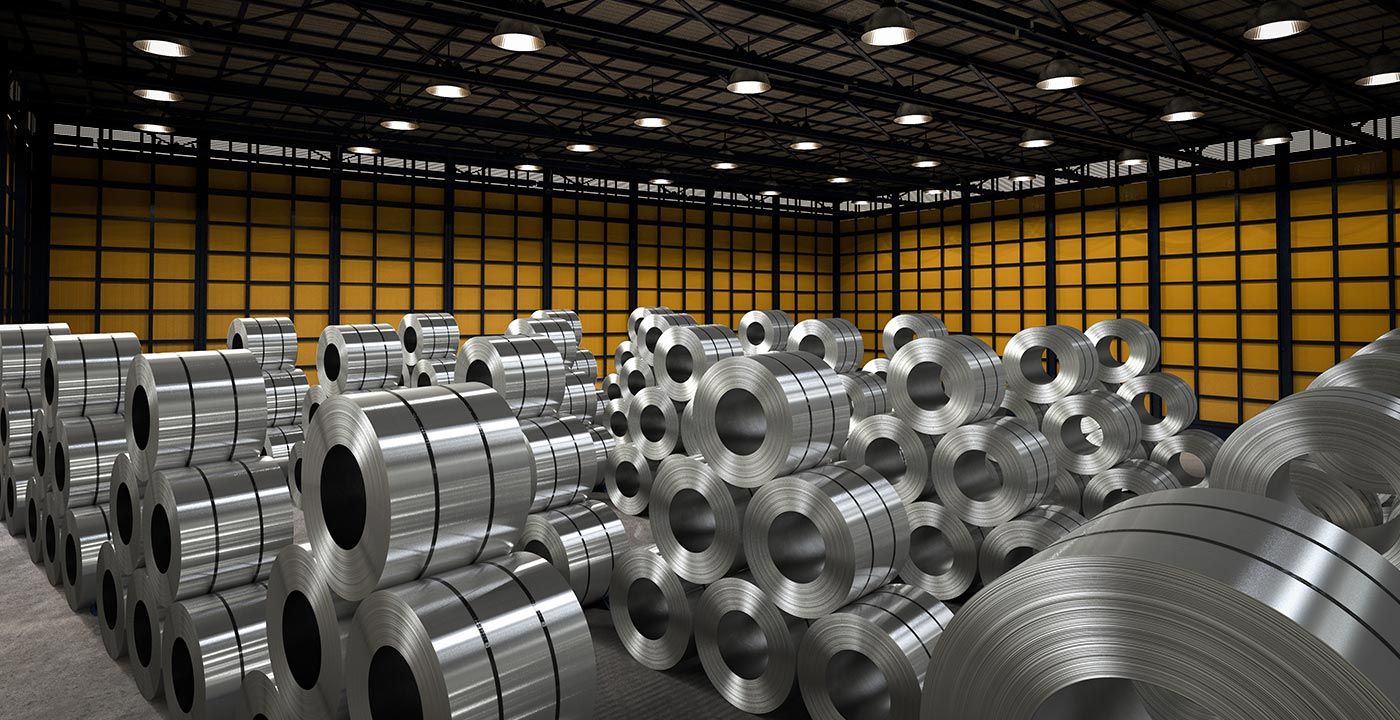In addition to the human toll, the spread of the deadly Coronavirus has created challenges for international supply chain operations.
Impact On Ocean Transport
Numerous ocean carriers are blanking sailings due to reduced production in Chinese factories that have been delayed even further than normal. The volume simply isn't there to even come close to filling the ships.
This Impact Will Be Felt In Two Ways:
- Importers may not have access to firm schedules when traveling by vessel due to cargo being rolled from the intended sailings that have been "blanked" (eliminated) to the vessels that are still sailing. In many cases, this will cause at least a week's delay in the departure of the cargo — assuming the vessel it is being rolled to has enough space for everything from the previous vessel on top of what was already planned for the new vessel.
- As the carriers manage the capacity by blanking sailings, their intentions are to not only cut costs, but stabilize the market rates and enable them to increase the rates per container. The period after Chinese New Year is always the lowest volume period of the year anyway, so the Coronavirus is magnifying this slack season even further than normal.
Impact On Air Transport
Many of the passenger flights to/from China have all but been eliminated for now. A significant amount of air cargo moves on these passenger flights after the passengers and luggage have been accommodated. As a result, this has shut down a significant portion of the air capacity available to move cargo.
Since it is needed "now" rather than 30 days from now (by vessel), there is always a pent up demand for products right after Chinese New Year (CNY) that typically flies to the marketplace. Air space is typically tight for a short period right after CNY. The combination of post-CNY demand and the Coronavirus impact on factory production will create a surge of cargo that needs to fly instead of moving by vessel.
As a result, there will be a large backlog of cargo that needs to move via air. The demand will result in very high air rates that will move as high as the market is willing to pay. Opportunities for charter flights will be abound and these flights will all be a premium rates.
Averitt's Response For Shippers
Averitt will be actively involved with the accelerated air market and will obviously do our best to keep our customer's supply chains fluid in this time of crisis. We offer more than the typical forwarder (and certainly way more than a typical motor carrier) in this game.
With our asset-based operations in the U.S., we can offer a "Plan B" if the air space gets too backed up or too expensive. Our ability to move on some of the faster vessels from China to Los Angeles/Long Beach and then transload the cargo into domestic over-the-road equipment for inland movement can be a viable alternative to air cargo. Additionally, our Asia Express Ocean solution provide transit times that already compete for some cargo that would ordinarily move via air.
If you have any questions, do not hesitate to contact our team at international@averittexpress.com. If you would like to learn more about Averitt's International Solutions, our team is always available to help. Visit the Averitt International Website for more information.








